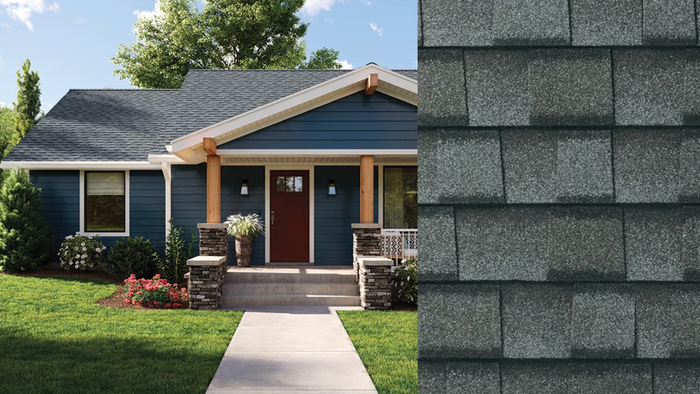Why You Should Read Your Contract: The Pay if Paid Clause
Construction lawyer Jeff Coleman says that subcontractors should avoid so-called “pay when paid” clauses. Some states will enforce the clause outright.; others will place a reasonable limit on the amount of time that a subcontractor can remain unpaid, but still you might incur legal costs.
October 15, 2020

Jeff Coleman
I was recently asked to assist a concrete subcontractor in a payment dispute. The contractor’s subcontract with the general contractor contained the following provision:
Contractor’s receipt of payment from Owner for Subcontract Work is an express condition precedent to Contractor’s obligation to pay Subcontractor. Subcontractor specifically assumes the risks of Owner insolvency or non-payment due to any dispute between Owner and Contractor. Retainage equal to the amount of 5% shall be deducted from all payments otherwise due. Retainage will be held until Contractor receives final payment from Owner for the Subcontract Work. Contractor waives the applicability of any statute or law that purports to limit the enforceability of any terms of this paragraph.
The implications of this paragraph are obvious. Subcontractors should avoid these so-called “pay when paid” clauses. Some states will enforce the clause outright. Some states will place a reasonable limit on the amount of time that a subcontractor can remain unpaid unless the reason for non-payment relates to the subcontractor’s own work. Some states require very specific language for a “pay when paid” clause to be enforceable. Here, the language “is an express condition precedent to Contractor’s obligation to pay Subcontractor” is language specially crafted to meet that case-law requirement.
The clause also purports to withhold retainage until final payment is received by the General Contractor from the Owner regardless of the cause for the retainage being held.
Finally, the clause is attempting to waive the applicability of any statutes or laws that might affect the paragraph. Some states would deem such a waiver unenforceable or against public policy. However, if that issue is not either stated in the statute or case law, then the Subcontractor is faced with either suffering with the non-payment or pursuing a potentially expensive legal challenge. Since typically only “reported” cases (that is, cases at the court of appeals or supreme court levels) are published, in order to establish new and appropriate law, the Subcontractor would have to fund not only a lawsuit but an appeal as well.
The best approach is to:
First check the specific state law for a “prompt payment” statute.
Negotiate with the General Contractor to either eliminate the clause or reduce its scope.
Remember to file a mechanic’s lien (private jobs) or a payment bond claim (public jobs) to protect your payment rights and potentially the right to attorneys’ fees.
About the Author
Jeffrey Coleman, PE, FACI ,is an attorney as well as a licensed engineer with degrees in civil and structural engineering. He is currently serving as president of the American Concrete Institute in the 2020/2021 cycle. For more information on construction contracts, contact Jeffrey Coleman at The Coleman Law Firm, (612) 877-8200 or [email protected].
You May Also Like


